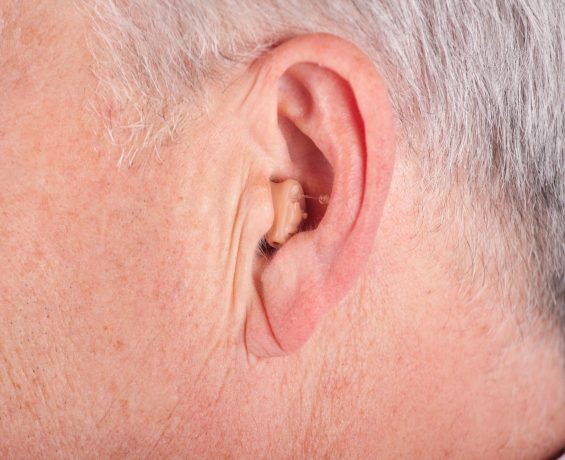Frequently Asked Questions
Hearing aids can potentially cause dizziness or vertigo in rare cases. This might occur if the hearing aids are amplifying sounds too much or in a way that’s not suitable for your hearing profile. It could also be related to issues in the ear canal itself. If you experience dizziness or vertigo after wearing hearing aids, it’s important to consult a hearing specialist. They can diagnose the issue and adjust the hearing aid settings accordingly to alleviate these symptoms.
Dizziness and vertigo are common concerns among hearing aid users, and addressing these symptoms effectively requires a combination of professional guidance and personal care strategies. A Registered Hearing Aid Practitioner (RHAP) plays a crucial role in this process, offering specialized expertise to ensure that hearing aids are contributing positively to the user’s overall well-being. Here are six essential steps to manage these symptoms:
By following these steps and maintaining open communication with a Registered Hearing Aid Practitioner, hearing aid users can effectively manage symptoms of dizziness and vertigo, leading to a more comfortable and balanced daily life.


Hearing Assessments

As hearing experts, we provide comprehensive testing and work with ENT specialists to ensure the care of your hearing health.
South Edmonton: 780-809-1349
St. Albert: 780-590-1349